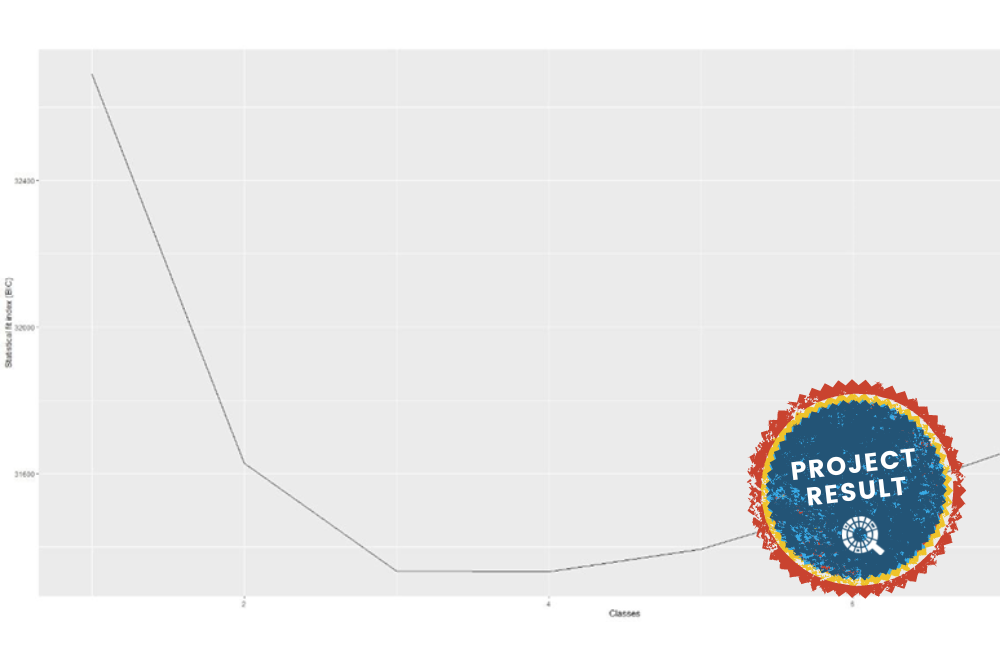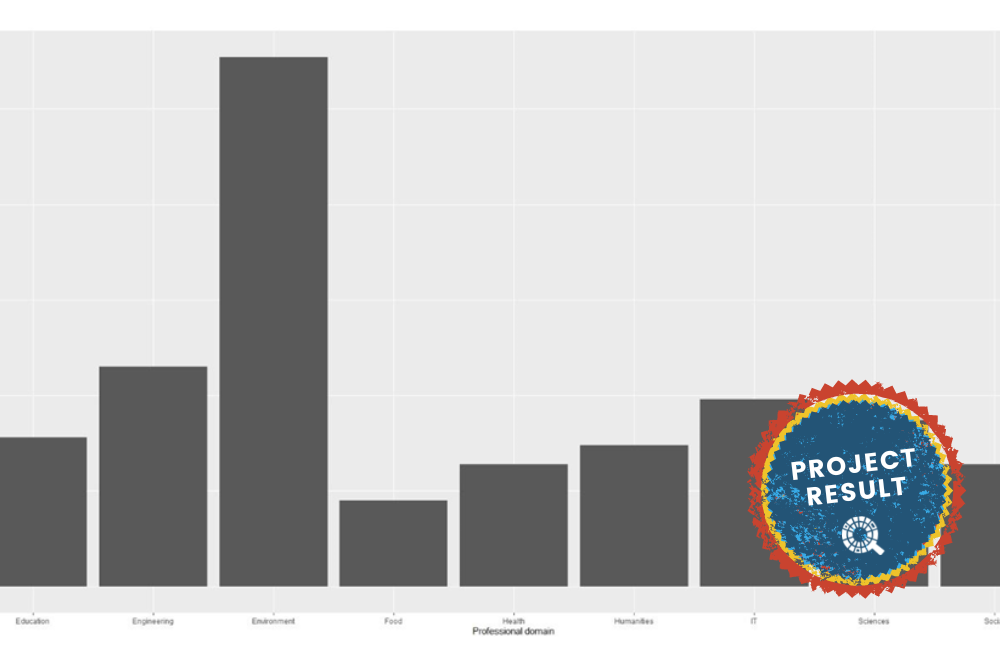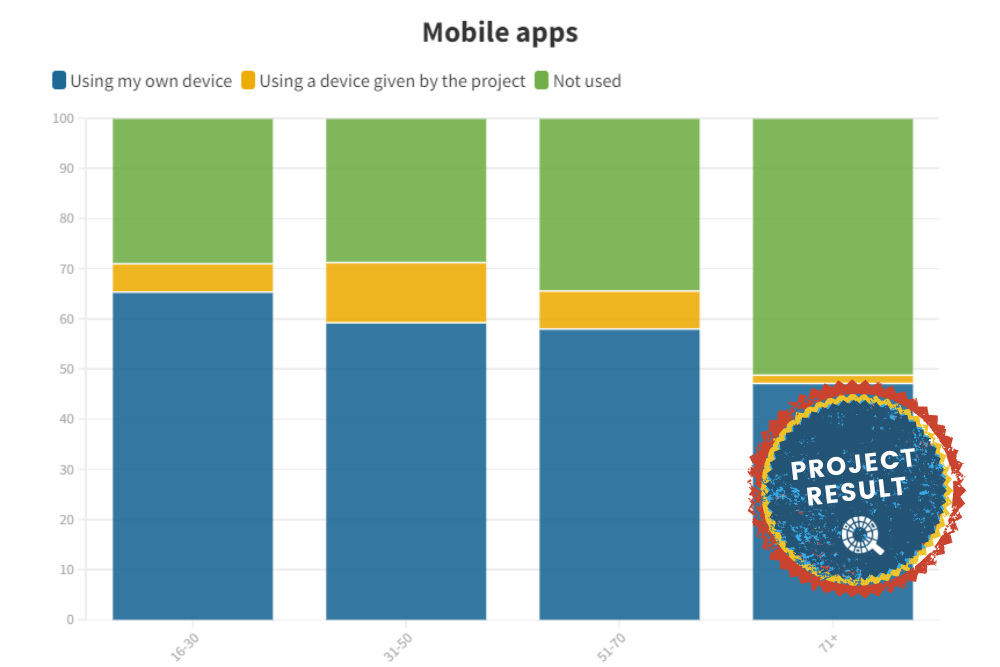Main aim of the study
The study aimed at assessing the pandemic’s impact on online CS participation and capturing CS project coordinators’ experience of the pandemic and their actions in managing the pandemic’s effects.
Period addressed by the study
The study concerned Citizen Science activity that took place on Zooniverse between 2015 and 2021 (August) with a particular focus in the months predating and following the declaration of COVID-19 as a pandemic.
Research Questions
- RQ1: How did the pandemic affect participation in online CS projects?
- RQ2: How was the pandemic perceived and experienced by CS coordinators?
- RQ3: How did CS coordinators react in counterbalancing the pandemic’s potential effects?
Research Context
Since the pandemic’s outbreak, various CS communities and platforms reported a sudden increase in participation during March and April 2020 with some arguing that as restrictions forced people to stay indoors, citizen scientists increasingly turned to online CS projects. Despite that, the pandemic’s effects on CS are not well documented, with current literature failing to provide answers about the extent to which the pandemic affected participation in online CS projects and how CS project coordinators actually experienced and managed the changes the pandemic brought.
Research Methods applied
The study followed a sequential mixed methods design (Teddlie & Tashakkori, 2009) consisting of two phases (strands), one quantitative and one qualitative.
The first phase aimed at assessing the pandemic’s impact on online CS participation (RQ1) as well as selecting representative cases (in terms of discipline, geographical distribution, participation and number of contributions per participant) that would inform data collection for the second phase of our research. The second phase aimed at obtaining a deeper understanding of the pandemic’s effect on participation (RQ1); capturing CS project coordinators’ experience of the pandemic (RQ2) as well as their actions in managing the pandemic’s effects (RQ3) by following a multiple case study design (Yin, 2018).
Procedures applied
Data for 332 Zooniverse projects which included the project’s name, the total number of participants, the total number of contributions, discipline and launch date were gathered. Prior to any analysis, all outliers and extreme cases were identified and removed and a total of 259 projects were selected. A cluster analysis of the average number of contributions per participant resulted in a five-cluster solution. Following that, coordinators from 36 Zooniverse projects were invited to participate in an interview, and nine of them accepted our invitation. The interviews were semi-structured and lasted between 40 and 60 minutes. The interview protocol incorporated questions that reflected our theoretical framework, i.e., questions related to a project’s organisational aspects, coordinators’ perceptions and experience of the pandemic and response strategies for mitigating the pandemic’s effects on the project taken. Interview data were analysed by following a Qualitative Content Analysis approach (Schreier, 2014).
Summary of results/findings
Our findings show that during the COVID-19 pandemic, Zooniverse projects witnessed an increase in the number of contributions made by citizen scientists. The analysis we undertook indicates that this increase was associated with two interrelated factors; the investment of more time by existing citizen scientists and the influx of new ones. In terms of their perceptions and experience, coordinators acknowledged the pandemic as being more an opportunity rather than a threat. More importantly, the interviews highlighted a number of challenges that have been prominent in the pre-pandemic literature but were probably enlarged due to the increased participation: the need for recognizing citizens’ contributions to science, the need to maintain engagement with citizen scientists, the role of CS in promoting scientific literacy and the importance of technology in initiating and supporting online CS projects.
Conclusion
The need for recognizing citizen scientists’ efforts and contributions has been well emphasised in the literature, and our data point towards a specific type of recognition, that of personal recognition. Thus, the notion of formal recognition of citizen scientists’ efforts seems to be a required condition for CS projects and platforms to adopt in the near future. Likewise, given the role of CS as a method for enhancing/complementing science education in schools, implementing formal mechanisms for acknowledging (in this case) students’ efforts in a CS project seems to be also vital for engaging future citizens with science. To this end, it is obvious to us that providing a formal recognition to citizen scientists facilitates engagement with CS. In relation to engagement, our results demonstrate that the increase in participation during the COVID-19 pandemic was only temporary and given that no in-person events could be held, as soon as restrictions were eased, participation decreased. As such, engaging citizen scientists through motivating means to which participants’ recognition is an essential component, appears to have a positive impact on a project’s management and scalability strategies.
Link to complete report
The paper/full report concerning this study is currently under review (on the date of submission of this deliverable – November 2022), no link to a repository is available. Contact the corresponding authors (m.anastasakis@uoc.gr and katerina@iacm.forth.gr) if you have interest to receive further information.
References
Schreier, M. (2014). Qualitative Content Analysis. In U. Flick (Ed.), The SAGE Handbook of Qualitative Data Analysis (pp. 170-183). SAGE.
Teddlie, C., & Tashakkori, A. (2009). Foundations of Mixed Methods Research: Integrating Quantitative and Qualitative Approaches in the Social and Behavioral Sciences. SAGE Publications, Inc.
Yin, R. K. (2018). Case Study Research and Applications: Design and Methods (Sixth ed.). SAGE.
Photo by Alvaro Reyes on Unsplash.














